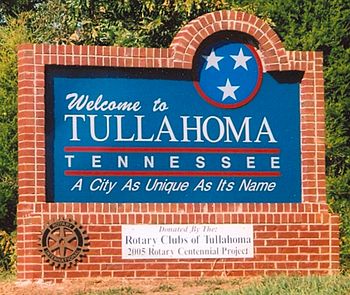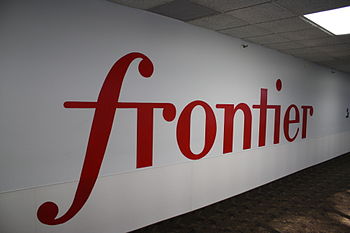Jamie McGee, jmcgee@tennessean.com
NORMANDY, Tenn. – It’s usually between the 10th and the 15th day of the month when Clifton and Joanna Miller’s satellite Internet account hits its data cap. Clifton, a lawyer, and Joanna, a sixth-grade math teacher, are unable to work from home. Their 16-year-old daughter, who depends on access for homework, takes a laptop to her grandmother’s house nearby to complete her assignments until a new month begins.
The Millers’ house is less than a mile from Tullahoma‘s city limit, but under state law, the Tullahoma Utilities Board cannot extend its high-speed fiber Internet network outside its electric service footprint. They would settle for basic broadband from other providers, but those companies — AT&T and Charter Communications — don’t reach his neighborhood. Continue reading










